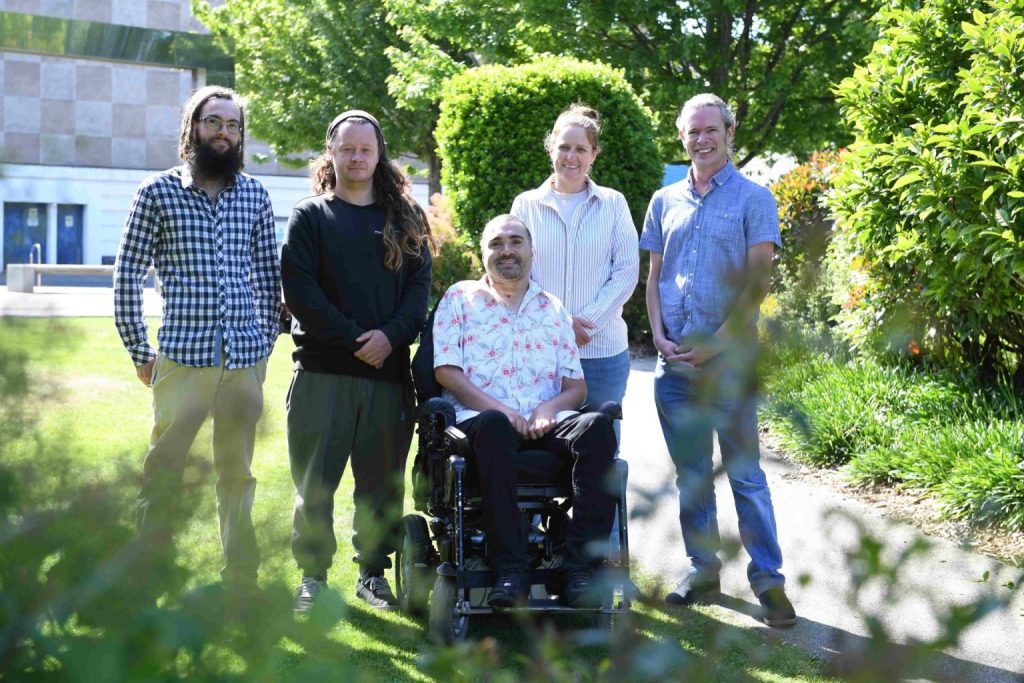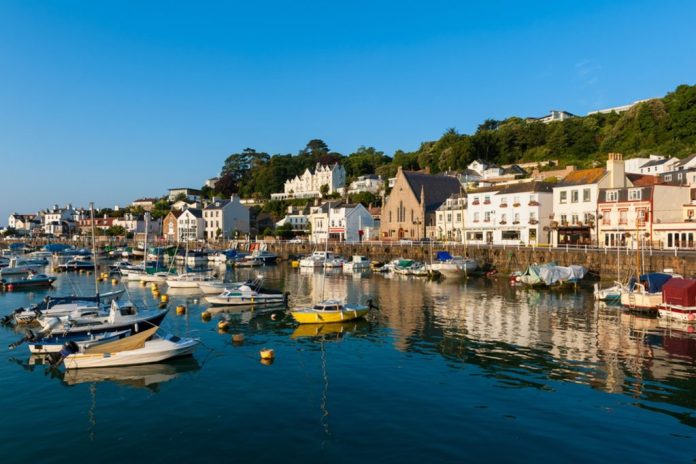The Jersey government recently announced a progressive Substance Use Strategy and plans that could potentially lead to the decriminalisation of cannabis as well as other substances. A year on from our last conversation, we interviewed Simon Harrison, a member of End Cannabis Prohibition Jersey, to provide insight on these decriminalisation plans.
Jersey’s decriminalisation plans
Simon spoke optimistically about the recent shift in government strategy, “A year since our elections, and we now have a substance use strategy with talks of decriminalisation. It’s promising.”
He shared that after the last elections, End Cannabis Prohibition Jersey made a priority of building relations with the new ministers and presenting their recommendations for reform.
Despite delays due to emergency situations last December, the Substance Use Strategy was drafted, evaluated, and finally published this summer.
On the content of the strategy, he conveyed optimism. “The strategy takes the approach we wanted, stating from the outset that criminalising users isn’t the way to go, as advocated by the UN and WHO. It lays the case for aims and objectives moving forward over the next 10 years, including progressing towards decriminalisation and a review of our drug laws. It’s all positive.”
Jersey and substance use
Simon cast light on Jersey’s complex relationship with alcohol and substance use. As one of the most considerable consumers of alcohol per capita in Europe, second only to Lithuania, Jersey’s reputation as a haven for drinkers has long been recognised, described as “100,000 alcoholics clinging to a rock”.
While the island’s idyllic beauty offers an array of outdoor activities, the lack of alternatives during dull or rainy days often encourages an increase in substance use.
For the past few years, local news has focused on drug busts rather than discussing a broader substance use strategy. According to Simon, the recent publication of the strategy was greatly appreciated. “It’s something that I’ve been pressing for four years now, to finally have it out in the public domain is a significant step forward.”
Public feedback on the strategy has so far been minimal. Simon noted that while some news outlets in Jersey and further afield focused on alcohol and cannabis decriminalisation, the strategy discusses broader decriminalisation.
“Jersey already has partial decriminalisation. The committee will debate how far we’d go with it. Are we talking about just cannabis? All drugs? Will there be a fine? We may even consider social clubs or cultivation,” Simon explained.
When questioned about the assembly debate that will unfold later this year, Harrison explained that it would be an in-committee conversation, with no formal vote to follow. The Home Affairs Minister will initiate a four-hour debate that intends to “gauge the mood” of the assembly.
The outcomes of the debate will guide the development of Jersey’s future substance use policy. “Our target for the next few months is to put together a good information pack for states members,” Harrison added, outlining the group’s ongoing work.

Alex Bealey, Daniel Woosnam, James Bedding, Jayne Christie, Simon Harrison
Picture: DAVID FERGUSON
Concerns over Jersey substance decriminalisation
Addressing concerns about substance decriminalisation, Harrison discussed a recent Twitter debate with a local influencer, emphasising the need for understanding and addressing such fears. He argued that many concerns already exist independently of decriminalisation or legalisation, including driving under the influence and underage use.
He cautioned against a simple ‘copy and paste’ job of the UK’s driving laws in Jersey and stressed the importance of a balanced approach to these issues. “These kinds of arguments about driving under the influence shouldn’t detract from the conversation about decriminalisation,” he urged.
Moreover, he believes decriminalisation could positively impact public safety in Jersey by reducing instances of driving under the influence.
According to Harrison, decriminalisation wouldn’t necessarily lead to an increase in cases of driving under influence.
Instead, he believes in a stronger emphasis on policing and, more importantly, public awareness and education campaigns.
Harrison stated that with decriminalisation, the Jersey authorities could be more honest about drug use and promote safe practices, such as urging individuals to take a taxi, bus or appoint a designated driver.
The future of End Cannabis Prohibition Jersey
Regarding the future of End Cannabis Prohibition Jersey, Harrison noted that their immediate focus is the decriminalisation debate, expressing hope that a governmental response would occur within six to twelve months.
He further discussed their comprehensive recommendation framework, covering five different themes, including patient access, cannabis industry, substance use, decriminalisation, and regulation.
With the new strategy from the Jersey government, substance use and decriminalisation is clearly making progress.
Patient access was raised by the Health scrutiny panel at their last hearing. There remains work to be done on the cannabis industry and regulation on the island.
Additionally, he touched on a new government initiative to establish a substance use service forum, aimed at involving the public and drug users in the policymaking process.
“There are lots of little things we can keep on top of in keeping the trajectory going,” he added.
End Cannabis Prohibition Jersey’s supportive stance on the government’s move to create a substance use service forum, and their advocacy for public involvement, is testament to their vision of informed, community-driven policymaking.


